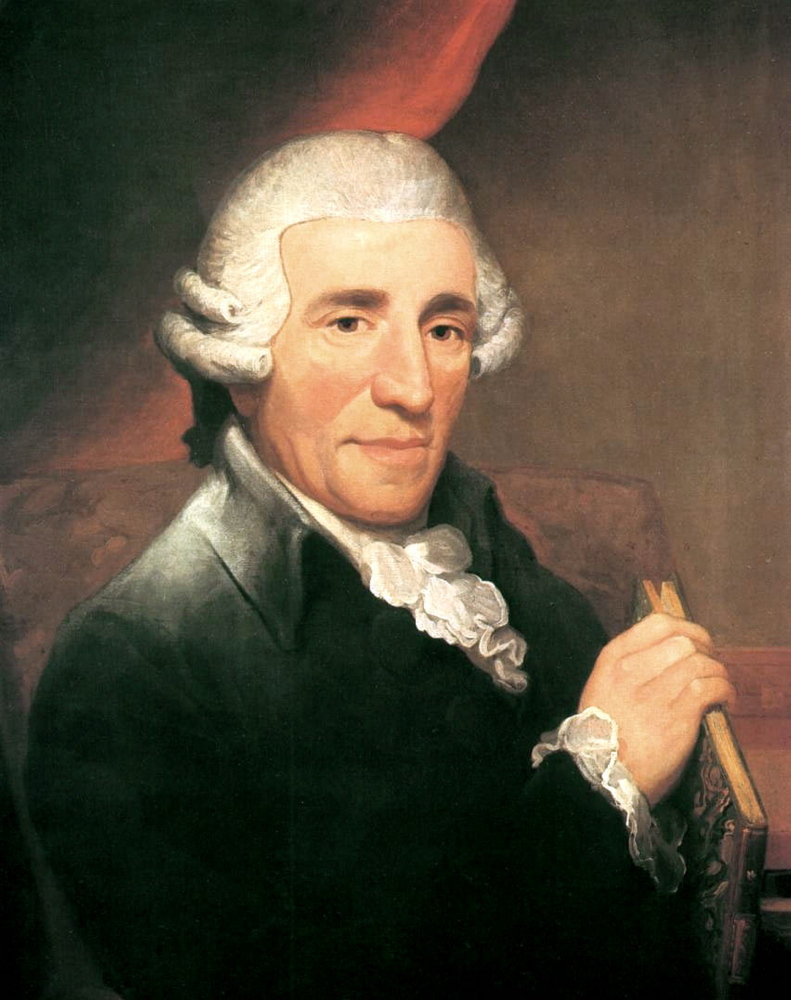The subject of humor in classical music is broad enough to write a book about, but, like other topics good for a (subdued) laugh, it requires a certain amount of background to get the joke, or even to know that it is happening.
I was reminded of this at the opening concert of the Gamper Festival of Contemporary Music at Bowdoin College in Brunswich, which included a work by Elliott Schwartz entitled “A Bouquet for RFK” (1990), RFK being Robert K. Beckwith, co-founder with Lewis Kaplan, of the Bowdoin International Music Festival, which celebrated its 50th anniversary this season.
Beckwith was a lover of opera, and in the three movements of the piece, each named after a flower, Schwartz includes hidden references to operas – quite a few of which I didn’t get – plus his characteristic play with numerology and the letters in Beckwith’s initials.
In one passage, the pianist plays an ostinato, a much repeated phrase that serves as a support for the other parts. The joke is that the term ostinato comes from “basso ostinato,” or “ground bass,” which is (nearly) always played in the bass register. There is no reason an ostinato could not be in the treble, but its being there sounds funny to an ear familiar with traditional baroque music.
In classical music, many of the jokes, like Schwartz’s, stem from disappointed expectations. Take Wolfgang Amadeus Mozart’s divertimento “A Musical Joke.” Its four movements, probably meant to parody incompetent musicians, include asymmetrical phrasing, unexpected chord intervals, discords, whole tone scales on the violins, and polytonality at the climax, in which only the horns play in the “correct” key.
What is even funnier, to the modern ear, is that each of these once-absurd devices has taken its place in the repertoire. In Sergei Prokofiev’s “Classical” Symphony, the joke is on us. The forms and keys are traditional, but we know instantly that something is wrong. What is it?
Ludwig van Beethoven followed Mozart’s example in his parody of a village band in the Sixth Symphony. His own peasant dances are funny too, but not deliberately. There’s a wonderful essay by Jeremy Denk on the role played by humor in the Beethoven piano sonatas. Again, however, one has to be familiar with traditional sonata form to appreciate the jokes.
My favorite musical humorist is Erik Satie, who parodies the pretentiousness that sometimes rears its head in music appreciation. You want academic form? I’ll give you “Three Pieces in the Shape of a Pear.” You want performers to abide by written instructions? I’ll give you the craziest indications ever penned. As for pretension, when a figure of authority – the head of a family – identifies a famous work, Satie illustrates it with an excerpt from the wrong piece.
Gustav Mahler took himself very seriously, but loved irony and schadenfreude. In his Symphony No. 1, the animals march in a funeral procession to the tune of “Frère Jacques.” In his song “The Cuckoo and the Nightingale,” the birds have a singing contest, judged by a jackass. Guess who wins?
The most famous of musical jokes is Franz Joseph Haydn’s “Surprise” Symphony (No. 94) in which a tremendous chord interrupts a delicate passage played softly in the second movement. All of Haydn’s works are infused with his sunny disposition, but he often ventured into the deliberately humorous, as in his keyboard Capriccio in G Major, based on a folk song that describes the castration of a pig by no fewer than eight butchers, each in his own key. Maybe Mozart knew it when he composed his “Musical Joke.”
I’ll let conductor András Schiff have the last word on this topic. In an article reprinted in the Guardian in 2009, he talked about a performance of Haydn’s joke-filled Symphony No. 80: “It’s ingenious, and extremely funny. But in Salzburg no one laughed. No one even smiled. It seems to be much easier to make an audience cry than it is to make them laugh. There are many music lovers who won’t even admit that humour has a place in what we call classical music. These are people who have no difficulty recognising sadness, tragedy, grief, majesty and grandeur – because these are serious attributes, and they want their beloved music to be ‘serious’. For them jokes are made of cheap, vulgar and inferior matter that cannot be tolerated on the altar of High Art.”
Or maybe they just don’t get it.
Christopher Hyde is a writer and musician who lives in Pownal. He can be reached at:
classbeat@netscape.net
Send questions/comments to the editors.



Success. Please wait for the page to reload. If the page does not reload within 5 seconds, please refresh the page.
Enter your email and password to access comments.
Hi, to comment on stories you must . This profile is in addition to your subscription and website login.
Already have a commenting profile? .
Invalid username/password.
Please check your email to confirm and complete your registration.
Only subscribers are eligible to post comments. Please subscribe or login first for digital access. Here’s why.
Use the form below to reset your password. When you've submitted your account email, we will send an email with a reset code.